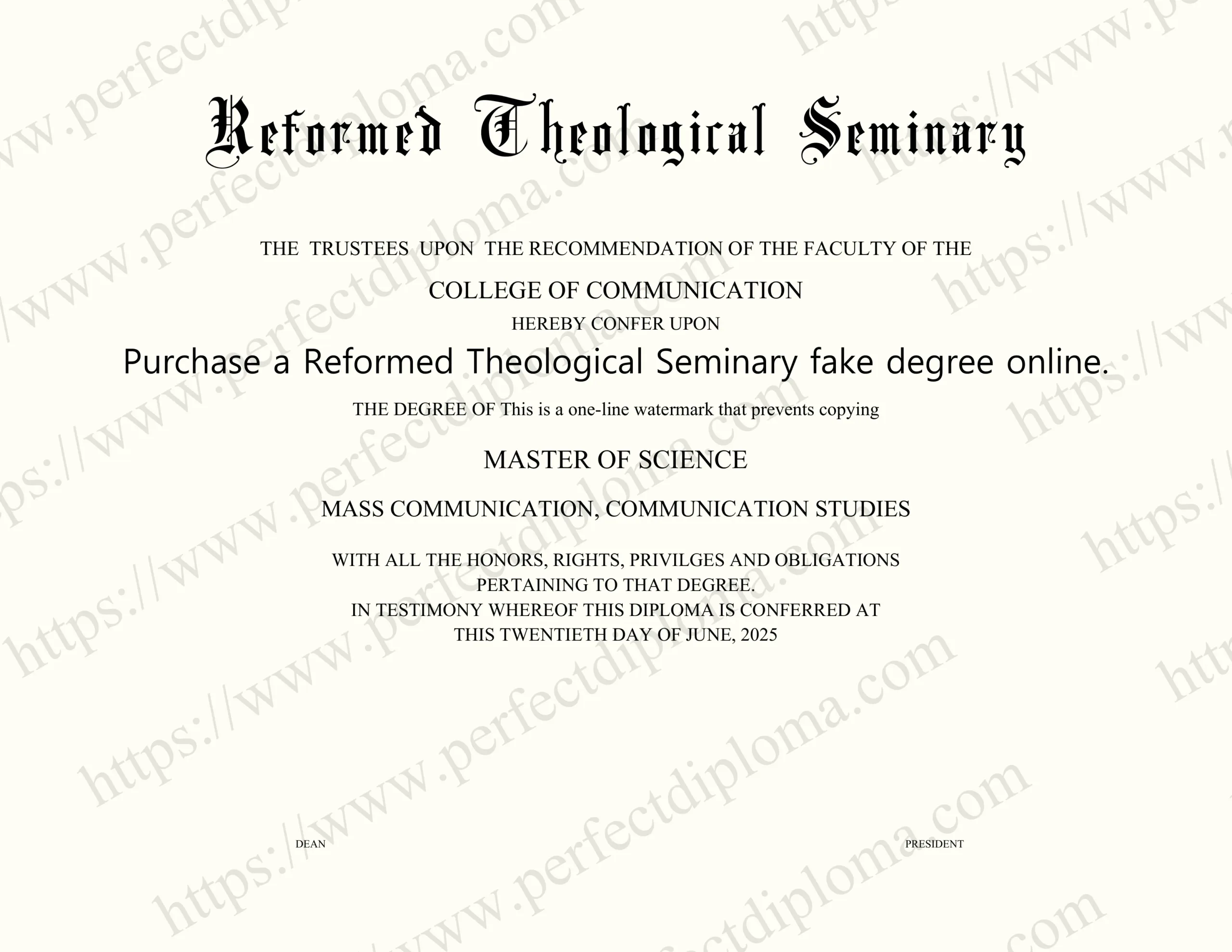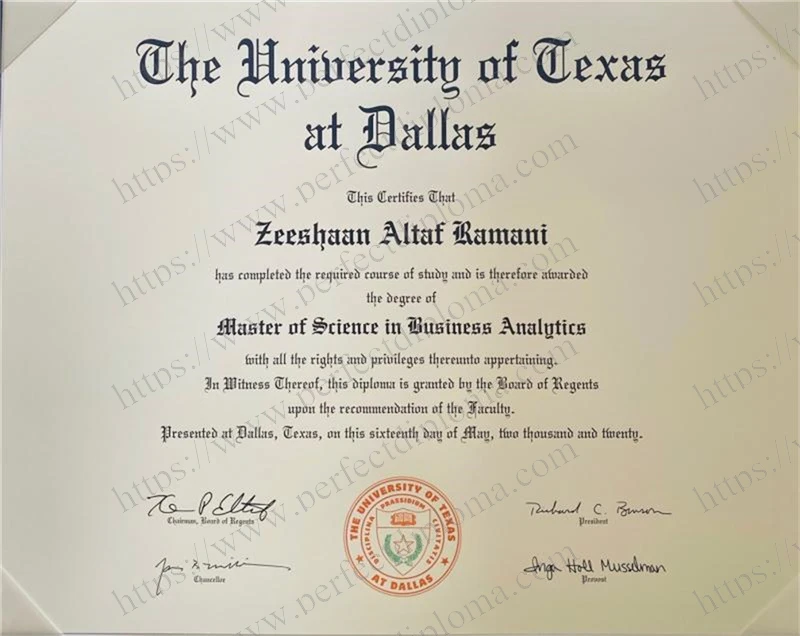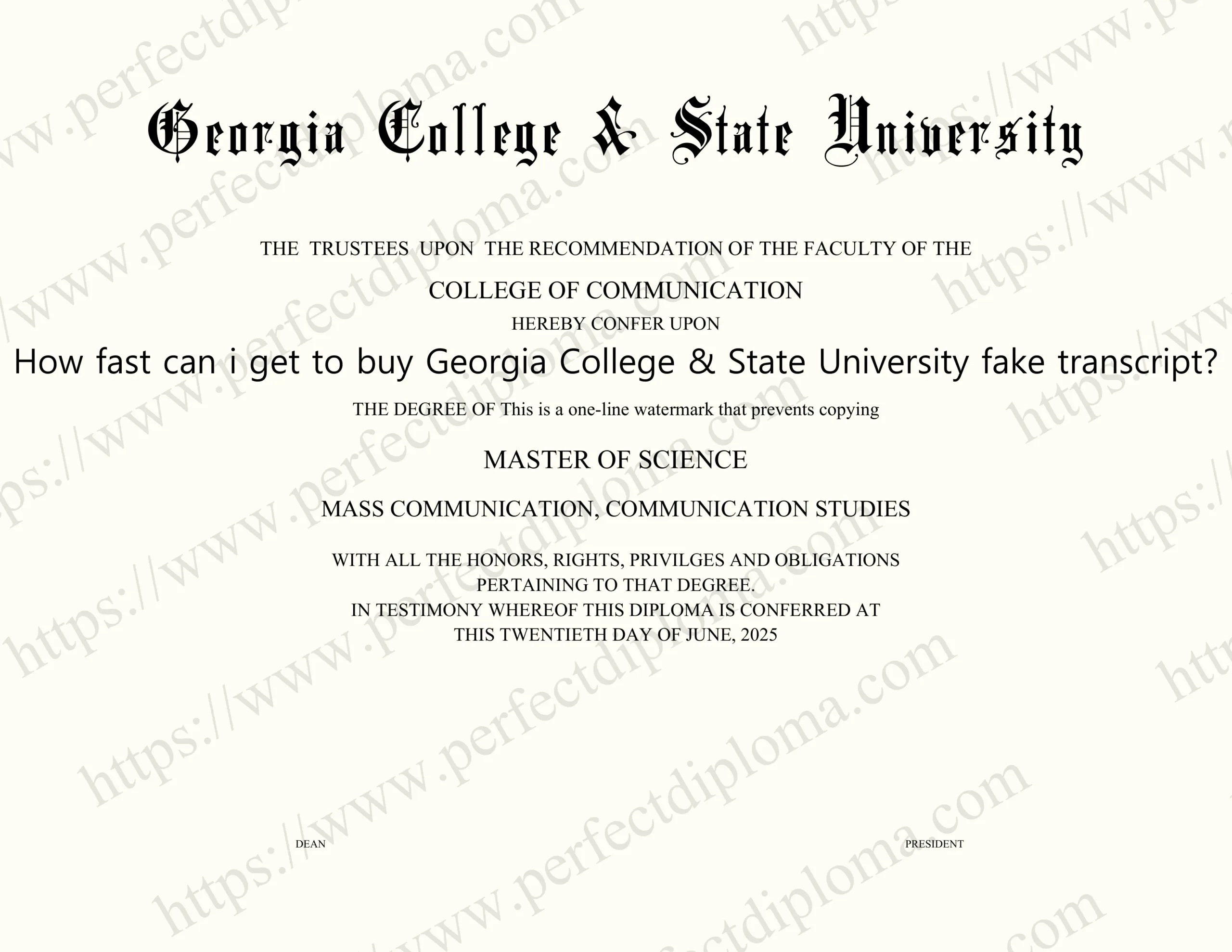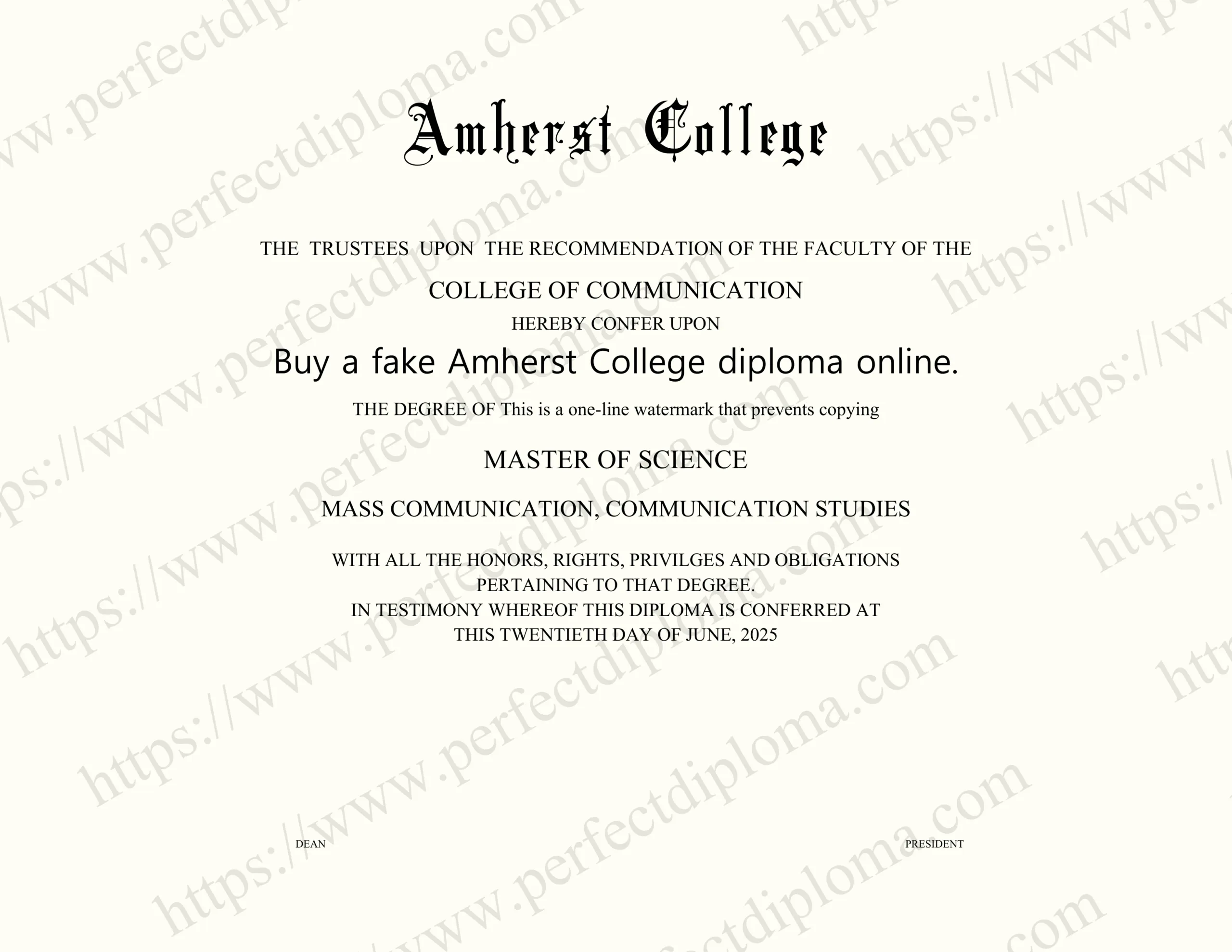
The landscape of theological education in the United States is vast and varied, yet within this ecosystem, Reformed Seminaries occupy a distinct and intellectually vigorous space. These institutions, rooted in the theological traditions of the Protestant Reformation, are not mere museums of historical dogma. Instead, they are dynamic centers of thought, constantly engaging with the challenges of the modern world while holding to a core confessional identity. Their unique contribution lies in a deliberate and often tension-filled synthesis of deep historical grounding, rigorous intellectual inquiry, and a profound concern for the practical life of the church.
A foundational characteristic of these seminaries is their unwavering commitment to a confessional standard. Whether adhering to the Westminster Standards, the Three Forms of Unity, or other Reformed doctrinal statements, these documents serve as a theological compass. They provide a shared language and a coherent framework for understanding Scripture, God, and humanity. This is not an exercise in intellectual parochialism. Rather, it is a belief that the best theological thinking occurs within a tested tradition, preventing the curriculum from drifting with every new cultural current. This confessional anchor ensures that students graduate with a solid, systematic grasp of Christian theology, a rarity in an age often characterized by theological fragmentation and improvisation.
However, to mistake this confessional stability for intellectual stagnation is a profound error. The best Reformed seminaries cultivate a culture of rigorous academic engagement. Students are not simply taught what to think but are equipped with the tools for how to think theologically. This involves a deep reverence for the original biblical languages of Hebrew and Greek, pushing students beyond reliance on translations to engage directly with the primary text. Furthermore, the Reformed emphasis on the sovereignty of God over all creation naturally expands the scope of study into philosophy, literature, art, and politics. The curriculum often asserts that all truth is God’s truth, and therefore every field of human endeavor is a legitimate area for theological reflection and critique. This produces graduates who are not only prepared for pastoral ministry but also for engaging thoughtfully as Christians in academia, law, the arts, and public life.
This intellectual rigor is balanced by a central, non-negotiable focus on spiritual formation and ecclesial practice. Reformed theology has a high view of the church, and its seminaries see themselves as servants to it. Academic knowledge is never an end in itself; it is always directed towards the cultivation of wisdom and piety. Practical ministry courses in preaching, counseling, and mission are taught with the same seriousness as systematic theology or church history. The goal is to form whole pastoral theologians—leaders who can preach exegetically rich sermons from the original texts, provide nuanced care from a robust theological anthropology, and lead congregations with gospel-centered conviction.
Perhaps the most fascinating aspect of contemporary Reformed seminaries is their navigation of modern tensions. They exist at the intersection of tradition and relevance, a position that generates constant internal dialogue. How does a tradition deeply shaped by 16th and 17th-century European thought faithfully address issues of racial justice, biotechnology, and digital culture? There is no single answer, and different institutions lean in different directions. Some emphasize a preservationist approach, guarding the historic distinctives of the tradition. Others adopt a more missional posture, seeking to translate and apply Reformed insights to entirely new contexts. This tension is not a weakness but a sign of vitality, reflecting a tradition serious about both its identity and its mission.
Moreover, the demographic shift within these institutions is noteworthy. While historically associated with specific ethnic and cultural lineages, many Reformed seminaries are now among the most diverse theological communities in the country. This diversity brings new perspectives that challenge and enrich the tradition, pressing it to address its blind spots and apply its doctrines of God’s covenant grace and justice to a wider world.
In conclusion, Reformed seminaries in the USA offer a unique model of theological education. They resist the modern pull between head and heart, or between academic detachment and pragmatic how-to. They strive instead for an integrated vision where deep confessional commitment fuels both intellectual exploration and heartfelt piety. They are communities formed by the past but actively wrestling with the present, seeking to equip thoughtful, faithful, and courageous leaders for the complex challenges of the 21st-century church and world. Their continued influence suggests that this centuries-old tradition remains a vital source of theological wisdom and practice.
Can i get to buy Reformed Theological Seminary fake diploma, How can i get to buy Reformed Theological Seminary fake diploma?, Buy fake Reformed Theological Seminary diploma, How do I buy a fake Reformed Theological Seminary diploma?, Can i get to buy Reformed Theological Seminary fake diploma?




